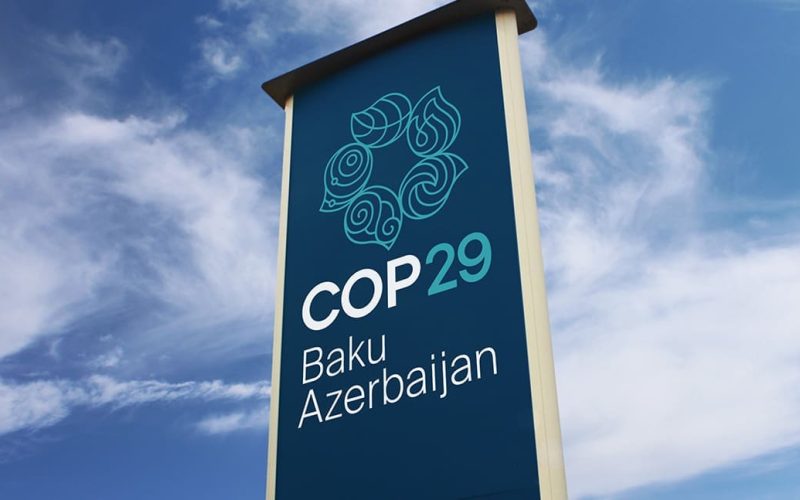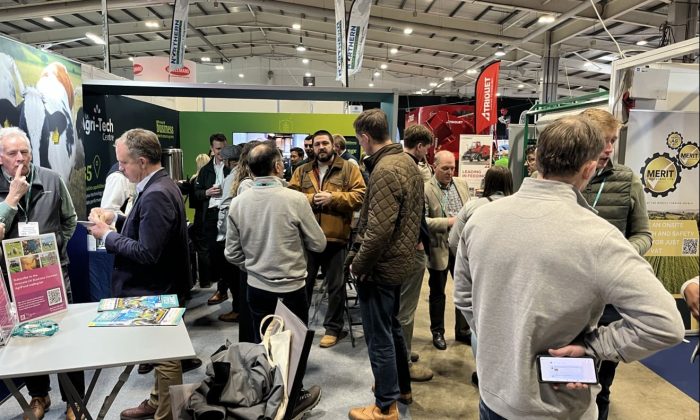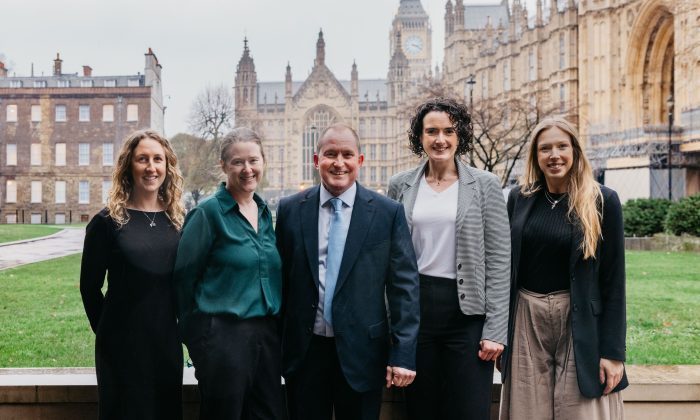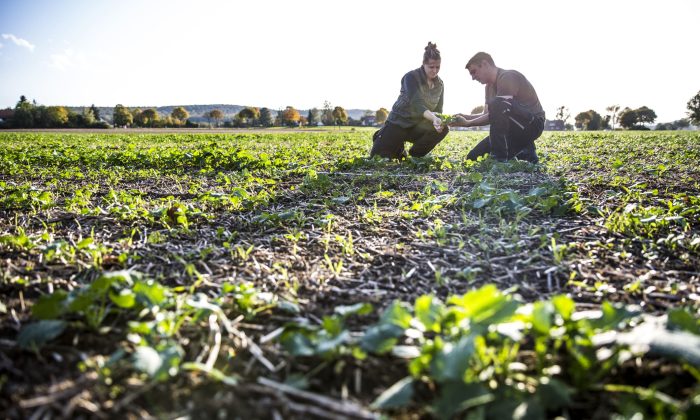The 29th annual United Nations climate conference, COP29, recently concluded after two weeks of heated debates between global leaders in Baku, Azerbaijan. But what exactly is COP and why does it matter?
Nearly 200 nations are part of the UN Framework Convention on Climate Change (UNFCCC), established in 1992 to address climate change. Every year, UNFCCC members gather at the “Conference of the Parties” (COP), hosted by a different country, to engage in global discussions on climate action, aimed at both mitigating and adapting to climate change.
A pivotal moment in COP history was the adoption of the Paris Agreement at COP21 in 2015. This legally binding international treaty set a long-term goal of limiting global warming to 1.5°C above pre-industrial levels by the end of the century, to prevent catastrophic ecosystem damage. Under this agreement, countries must submit national climate action plans, known as nationally determined contributions (NDCs), to reduce their greenhouse gas (GHG) emissions and adapt to climate impacts. NDCs must be updated every five years, with increasing ambition, to align with the global 1.5°C target.
Key outcomes from COP29
COP29 in Baku, dubbed the “finance COP”, aimed to establish a New Collective Quantified Goal (NCQG) for global climate finance. This funding, provided by developed countries historically responsible for significant GHG emissions, will support developing nations disproportionately affected by climate change, in their mitigation and adaptation efforts.
After negotiations overran by 33 hours and nearly collapsed due to a mass walk-out, the Azerbaijani COP Presidency secured a last-minute NCQG agreement: by 2035, $300 billion will be provided and mobilised each year by developed countries, from both public and private sources. Whilst this triples the currently provided climate finance, it falls short of the $1.3 trillion that experts estimate is needed annually to support developing countries in their clean energy transitions.
A key breakthrough at COP29 was the agreement on international carbon trading rules under Article 6 of the Paris Agreement, nearly a decade after its initial proposal. Establishing a global standard for high-integrity carbon credits will be crucial, necessitating oversight and governance from dedicated bodies such as the Carbon Credit Quality Initiative (CCQI) and Integrity Council for the Voluntary Carbon Market (ICVCM).
To ensure that carbon market mechanisms, especially nature-based solutions, are both successful and fair, it is essential to prioritise local communities and indigenous peoples who protect these resources. The Article 6 agreement presents a significant opportunity to catalyse climate action investment, but its impact hinges on inclusive and effective implementation that benefits both people and nature. Lastly, despite hopes that COP29 would build on last year’s landmark agreement to “transition away from fossil fuels”, little progress was made. In fact, the phrasing around this commitment was absent from this year’s final text, appearing only in a referenced subsection.

UK takes leadership on climate action
Amid news that newly elected Donald Trump plans to withdraw the US from the Paris Agreement, the UK Government appeared determined to take a leading role in tackling climate change. During the conference, Prime Minister Keir Starmer announced the UK’s commitment to reducing GHG emissions by 81% by 2035, compared to 1990 levels. This ambitious goal has been well-received by climate experts and is hoped to inspire other countries to enhance their climate goals in the next round of NDCs, due in February 2025.
The UK Government also introduced a new policy paper at COP29 outlining principles for voluntary carbon and nature market integrity. This document signals the Government’s commitment to these markets and the organisations that wish to utilise them, especially during a period of increased uncertainty in carbon markets.
Are agrifood systems on the table at COP?
Agri-food systems are often overlooked in climate discussions despite their critical role in global livelihoods and their vulnerability to climate impacts. However, there is growing recognition that the agricultural sector is integral to climate solutions, as it accounts for around 30% of global GHG emissions and serves as a significant carbon sink. Sustainable practices can therefore help reduce emissions, boost climate resilience and enhance food security.
Over the past four years, food and agriculture have gained increasing attention at COP. Although rarely on the main negotiation agenda, several focused initiatives have been introduced. Notably, the COP28 UAE Declaration on Sustainable Agriculture, Resilient Food Systems and Climate Action, endorsed by 160 nations, urged collaboration to transform agri-food systems. Building on this, the Baku Harmoniya Climate Initiative for Farmers was launched this year, aiming to create a central hub for collaboration and knowledge sharing and encourage investments.
A new FAO report released at COP29 revealed a significant funding gap in the food and agriculture sector, highlighting the need for current investment levels to increase 40-fold (to $1.1 trillion annually) to finance the transition to sustainable and resilient agrifood systems. The sector currently receives less than 4% of global climate finance, with even less reaching smallholder farmers who are on the frontlines of the climate crisis. There is a pressing need to financially support farmers and rural communities to adapt to the changing climate. The Loss and Damage Fund, operationalised this year, could potentially help address climate impacts on agriculture in vulnerable countries.
There is immense potential for sustainable agriculture to contribute substantially to the Paris Agreement goals and there is hope that countries will build on the momentum from recent COPs to integrate agrifood systems into their new NDCs and help bridge the sector’s significant financial shortfall. Looking ahead, COP30, which will be hosted by Brazil in the Amazon rainforest, offers a key opportunity to bring both nature and agriculture onto the centre stage.
UK Agri-Tech Centre
The UK Agri-Tech Centre is uniquely positioned as a vehicle for delivering on the UK’s new ambitious 2035 target. The organisation is dedicated to tackling the climate crisis by accelerating innovation and crucially, the adoption of agri-tech that enables food and farming to balance social foundations such as food security, resilient livelihoods and healthy diets within planetary boundaries.
If you’d like to learn more about COP29, our work in climate change, net zero and resilient food systems, please reach out via [email protected].



